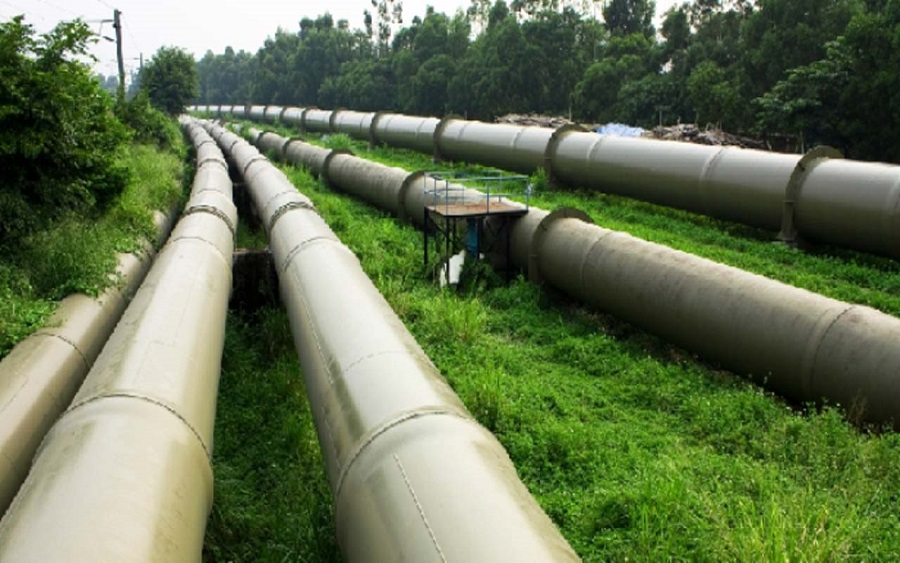With eleven new pipelines expected to come on stream in Nigeria, the country will be contributing about 35% of Africa’s total oil and gas new-build trunk/transmission pipeline length additions. This was disclosed in GlobalData report.
The report tagged, ‘Global Planned Oil and Gas Pipelines Industry Outlook to 2023 – Capacity and Capital Expenditure Outlook with Details of All Planned Pipelines’ by GlobalData, stated that Nigeria’s contribution will occur between 2019 and 2023.

How Nigeria will contribute: The report disclosed that 6,601.5 kilometres of new-build pipelines would be contributed by Nigeria by 2023. The contribution of the oil and gas additions was divided into natural gas (at 6,460km), crude oil pipelines would account for 142km.
“In Nigeria, 11 new-build pipelines are expected to start by 2023. Of these, eight are planned projects and the remaining three are from early-stage announced projects.
“Trans Saharan Gas is the longest upcoming pipeline in the country with a length of 4,400km. Natural gas pipeline is expected to start operations in 2021,” an oil and gas analyst at GlobalData, Varun Ette, said.
[READ MORE: Nigeria receives $17.5 billion diaspora remittances in 2019)
Contribution by other countries: Apart from Nigeria, Niger and Algeria were also rated as one of the major contributors. The country will provide two new-build pipelines, Niger–Benin (a crude oil pipeline) and Zinder–Torodi a (petroleum products pipeline). Niger–Benin pipelines have a length of 1,980km and Zinder–Torodi pipeline has a length of 1,070km. Operation of these pipelines will begin by 2023.
Ette added that, “Followed by Niger, Algeria is expected to add 2,007.3km of infrastructure from five planned and two early-stage announced pipelines by 2023. Haoud El Hamra–Bejaia II is the major upcoming pipeline in the country with a length of 667.7km. The crude oil pipeline is expected to start operations in 2022.”




















